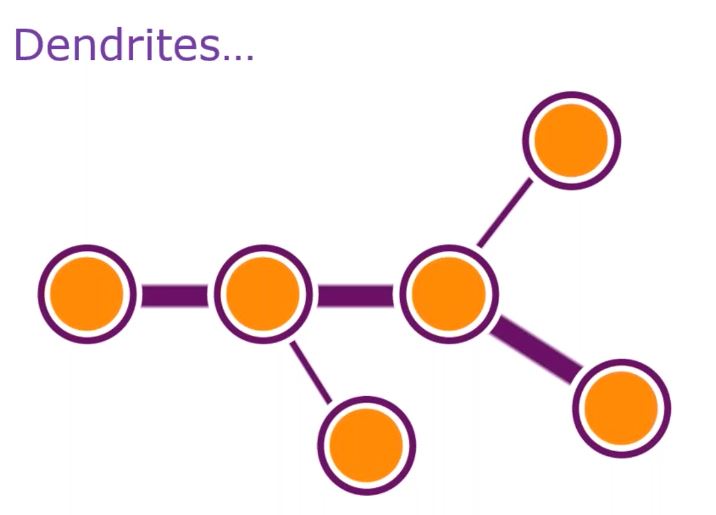11 Mar A lightbulb moment on dendrites
“I think the mark of a proper adult is someone who is really able to say with confidence I don’t know.”

Andrew Scott, the award-winning theatre, television and film actor, was a recent guest on Elizabeth Day’s podcast How To Fail.During the interview which focuses primarily on what we have learned from the experiences of failing, Andrew and Elizabeth explore the subject of unlearning and its impact on us as adults.
The question they discuss is whether getting older is an act of unlearning all the social conditions you developed as a child and adolescent so you can become playful, childlike – and eager to learn new things.
A core part of Heather Wright’s courses focuses on our beliefs, attitudes, thoughts and behaviour are the result of repeated thoughts which social conditioning which feed the same ideas and behaviour over and over again therefore strengthening our dendrites – and repeating the thought again.
The idea of “unlearning all the social conditions” is basically what we are facing when we also learn this new way of thinking with Heather. She opens up the idea to step out of our comfort zone, to think in a different way, and literally establish a new thought connection in the brain.
Andrew Scott says that one of the great things “as an artist and as a human being is being able to unlearn all the things you take in as a child. That’s been one of the great joys in my recent years is thinking I don’t have to carry that with me anymore. I can put that down and think maybe not.”
This explanation is an interesting take on our ability as adults to liberate ourselves from the baggage of thoughts and beliefs we took on and were fed as children – at home, by our teachers at school, by our peers, and by accessing the same media as our family and friends. He explains how our social conditioning doesn’t just affect our thinking but our language we use ourselves and how we interpret the language used by others. Every thought is essentially filtered through our cultural and social conditioning.

However, we do also need to remind ourselves that we strengthen our dendrites by our social conditioning of our “grown up decisions” – from our partner, our work culture, and how we spend our free time. When something happens to rock our world such as being made redundant or friends getting divorced, this knocks our own Gestalt, and we are forced to unlearn the mindset and beliefs of the traits WE carried of the other person.
Heather has given us the toolkit to deal with those situations, and to establish new thought processes, behaviours and habits so we can create our own positive outcomes.
As Andrew Scott points out, acceptance of this situation, stepping out of our comfort zone into the unknown is liberating, and we can choose how we react, and indeed, what we think about anything. Every moment we have the personal choice to decide whether we continue to think and believe something – “or maybe not.” (Insert Andrew’s lovely Irish lilt there!)
We have the choice whether to strengthen our dendrites of social conditioning or to “dump” that baggage of thoughts, freeing ourselves to build and strengthen more positive and fulfilling thoughts and beliefs empowering us to be the best version of ourselves.

